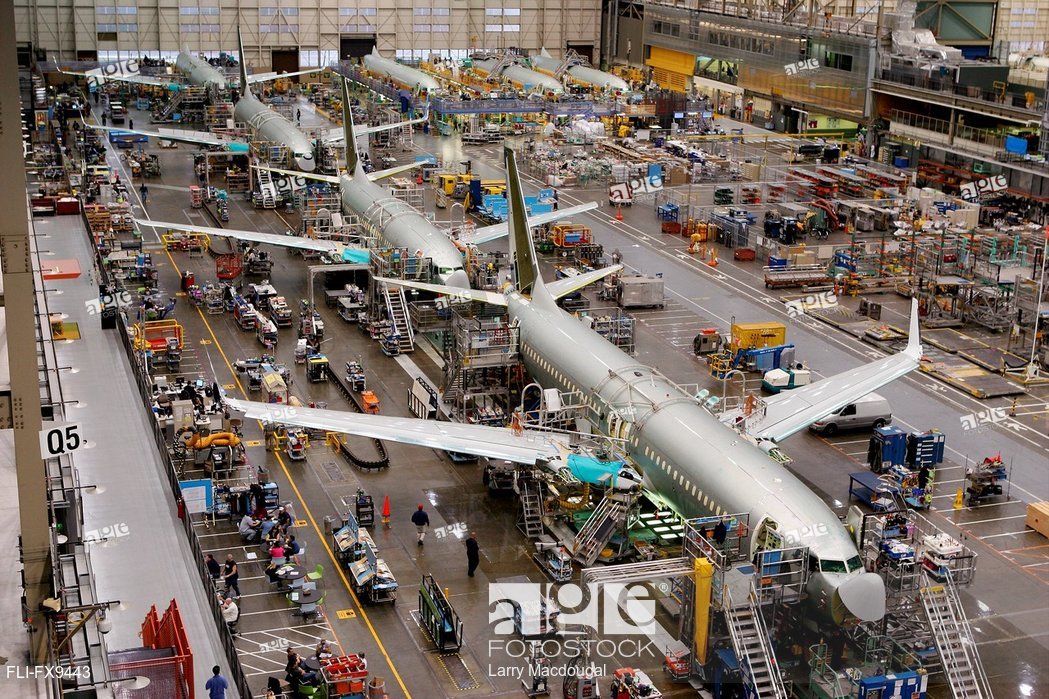[ad_1]
Columnists
It’s time varsities tapped IT potential
Wednesday, May 22, 2019 20:24
By BITANGE NDEMO

The decision by Microsoft to invest $100 million (Sh10 billion) in a first-ever development centre in Nairobi is a recognition of the rising importance of African IT talent.
At the same time, it brings to focus the challenge of institutions of higher learning in providing a talent pipeline to meet rising demand.
Part of Microsoft’s strategy is to partner with local universities to create a curriculum that meets the needs of the emerging fourth industrial revolution technologies like Artificial Intelligence (AI), Blockchain, Internet of Things (IoT) etc.
These new technologies have become necessary for organisations to better understand customer engagement, optimise operations and develop new products.
The new venture is a godsent opportunity for local institutions of higher learning that have hitherto not prepared themselves for the imminent technological changes. With the new partnership, they will inevitably begin preparing students for the future digital skills, and hopefully upgrade their laboratories and faculty. When large organsations like Microsoft invest in offshore development centres, the host country benefits from many fronts including knowledge transfer and enhancement of local innovations.
Most countries have technology parks to foster a technology ecosystem that benefits startups that leverage on similar technologies. In my view, we should have a large technology park where all these multinational organisations will be incentivised to settle as a strategy of building a meaningful ecosystem.
Virtually all countries that have progressed in technology, have science and technology parks. These parks play a critical role in the development of technology and more often than not stimulate economic growth of host countries.
Since ICT is proving to be a quick win, there is urgent need to fast-track the development of at least one park where all these organisations will be based as a strategy to stimulate local innovations.
The government must urgently dedicate resources to research and development in order to ride on the wave of multinational companies that are now desirous of exploiting Kenyan talent. There are glaring opportunities that can lead to innovations not just for local consumption but that can be scalable globally.
One such area is in education where I am sure Microsoft will seek to come up with some solution using disruptive technologies. In the past few months, teachers have been tussling with Education Cabinet Secretary George Magoha over the new competency-based curriculum (CBC) but no one has come up with the way forward. Teachers say the system will require additional capacity to implement.
Hiring more teachers will more than likely lower the quality of education. It is not always the quantity that guarantees performance. Increasing textbooks too does not translate to quality education.
Our focus should be on how to provide the best education at a more reasonable cost. This is where technology and education converge that even teachers will enjoy their job better than ever before. The revolution that is taking place in education world over is the structural shift from knowledge transfer models that we have used for decades to a collaborative, information sharing system. These are the characteristics of the CBC that we are trying to implement in Kenya.
Teachers should know by now that a technology like IoT will impact profoundly on the way they teach now. The connectedness of the system removes the teacher from the current content delivery to facilitating learning rather than merely regurgitating information.
We can perhaps resolve the raging debate in education by assuring the teaching community that CBC-based instruction is meant to enable students learn-by-doing. The teachers will intervene when necessary and that the system takes care of both the fast and slower learners. The IoT systems will play a key role in providing feedback, assistance, and classroom-level monitoring.
[ad_2]
Source link
Kenyan Business Feed is the top Kenyan Business Blog. We share news from Kenya and across the region. To contact us with any alert, please email us to [email protected]












